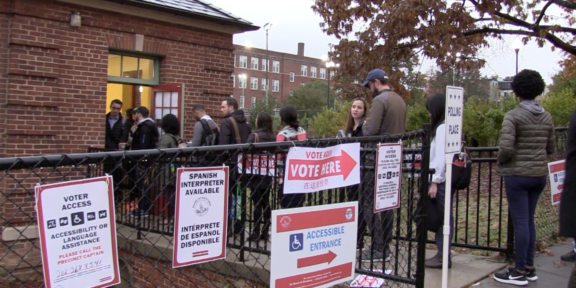Juniors and seniors preparing to write the Graduate Record Exam (GRE) are complaining about the high cost of preparatory classes. The GRE is a standardized test that provides graduate schools with a way to compare qualified applicants for admission and financial aid. Many students take these prep classes to help them get an idea of the format of the tests, to get practice and to help them maximize their scores. The prices of these classes can range from $400 to $2200 for 15 to 35 week courses.
One of the most popular classes offered is at the Kaplan Institute, which offers test prep for the GRE and a host of other standardized tests. The institute offers a range of services for the GRE, from individual tutoring sessions ($1999-$3999) to a faster paced online course ($499-$899), and offers a money-back guarantee if your test score does not improve.
These prices are way out of the budget range of many college students who have to either work and save or depend on family members to give them the money for these classes. This discouraging factor may force many students to opt to study for the exam on their own instead of forking out the several hundred dollars for a structured class.
“I plan on simply buying a prep book and studying on my own because I can’t afford prep classes, especially not when (graduate school) application fees are $70 and more,” laments Rayanne Mitchell, a junior english major.
GRE text books containing helpful tips, test-taking strategies and practice exams are available at most bookstores and can range in price from $17 to $35. Many of these books come with an interactive compact disc, practice tests and answer keys. Some students feel that the same results can be attained with the use of these books and an individual studying at his/her own pace.
“I studied on my own with the Princeton Review text and I got a higher score than my friend who shelled out $800 for a prep class,” said Robert Wilson, a psychology graduate student.
Some students feel that while a prep class is helpful, it may not be worth the high price being charged.
“I paid $599 for my prep class and, while my results were better than when I studied for it on my own, I wouldn’t say that it was such a significant increase in my score that warranted me paying $600. Also, I don’t know if [the higher score] was because of the prep class or simply because I had taken the exam before,” said Ebony Wright, a history graduate student.
Some students think that the classes are worth every penny paid.
“My course charted out a schedule for me, and helped to guide me through the process of studying effectively. Basically, that is the essence of what they teach you, not how to take the exam, but rather how to study for the exam effectively,” said Bryan Sampson, a senior political science major, who is currently taking classes at Kaplan.
Despite the high costs of these courses, some students still think that it is in their best interest to have the prep.
Students who are trying to receive fellowships, scholarships, assistantships and other types of financial aid are especially concerned about maximizing their scores.
“I would definitely take a prep class. Anything that makes me better prepared to take the exam and score higher is worth my money,” said Leslie Curtis, a junior economics major.






